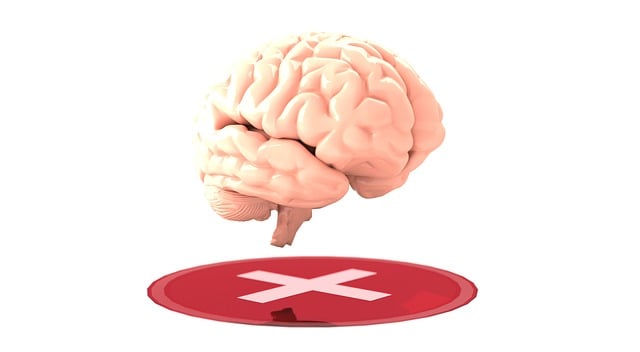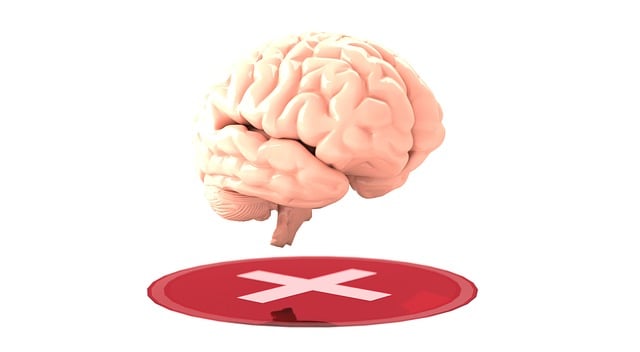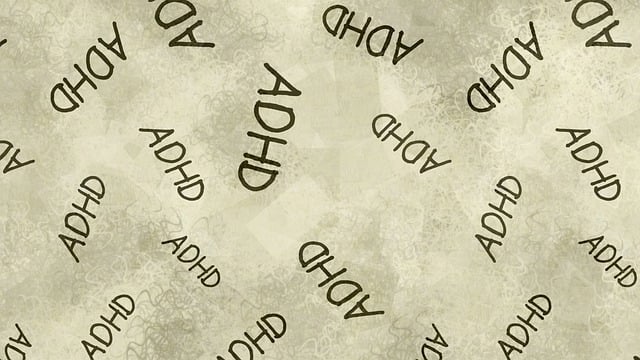Denver Cognitive Processing Therapy (DCPT) is a culturally sensitive mental health approach that recognizes the importance of diverse perspectives in effective treatment. By integrating cultural competency, this therapy model addresses unique communication and distress expression variations across different ethnic groups. Active listening to clients' cultural backgrounds and beliefs, along with community outreach programs, helps reduce stigma and tailor interventions. Training in cultural sensitivity equips healthcare providers to deliver inclusive care, build resilience, and prevent burnout while ensuring ethical practice.
Cultural sensitivity is an essential aspect of mental healthcare, ensuring equitable and effective treatment for individuals from diverse backgrounds. This article explores the growing importance of understanding cultural diversity in mental health care and its impact on clinical practice. We highlight Denver Cognitive Processing Therapy (DCPT) as a culturally sensitive approach that adapts evidence-based practices to diverse populations. Additionally, we provide strategies for healthcare professionals to navigate cultural differences in clinical settings, fostering inclusive environments and improved patient outcomes.
- Understanding Cultural Diversity in Mental Health Care
- Denver Cognitive Processing Therapy: A Culturally Sensitive Approach
- Strategies for Practicing Cultural Sensitivity in Clinical Settings
Understanding Cultural Diversity in Mental Health Care

In the realm of mental healthcare, understanding cultural diversity is paramount to delivering effective treatment. Denver Cognitive Processing Therapy (CPT) recognizes that individuals from different backgrounds and cultures may have unique perspectives on mental wellness, shaped by their experiences, traditions, and beliefs. This sensitivity involves recognizing and respecting these variations in communication styles, expressions of distress, and help-seeking behaviors across diverse communities. For instance, certain cultural groups might prioritize collective solutions over individual therapy, emphasizing the interconnectedness within families or communities.
Integrating cultural competency into mental healthcare practices, such as those showcased in our Mental Wellness Podcast Series Production, fosters a more inclusive environment. It encourages resilience building by empowering individuals to navigate their unique cultural landscapes while seeking support for their mental wellness. By embracing this diversity, therapists like those specializing in CPT can adapt their approaches, ensuring that every client receives care tailored to their specific needs and cultural context, ultimately enhancing the effectiveness of therapy.
Denver Cognitive Processing Therapy: A Culturally Sensitive Approach

Denver Cognitive Processing Therapy (DCPT) is a culturally sensitive approach that has gained recognition for its effectiveness in addressing mental health concerns while acknowledging the profound impact of cultural background and identity on an individual’s well-being. This therapy model was developed with a deep understanding of the unique challenges faced by diverse populations, particularly those who have been historically marginalized or affected by mental illness stigma reduction efforts.
By incorporating culturally relevant techniques, DCPT aims to bridge the gap between healthcare providers and clients from various ethnic and cultural backgrounds. The therapy focuses on modifying negative thought patterns and behaviors, which are often influenced by cultural factors and societal norms. This holistic approach not only aids in depression prevention but also promotes burnout prevention strategies for healthcare providers by fostering a deeper connection and understanding between them and their patients.
Strategies for Practicing Cultural Sensitivity in Clinical Settings

In clinical settings, practicing cultural sensitivity is paramount to delivering effective Denver Cognitive Processing Therapy (DCPT). One key strategy involves actively listening to and understanding a client’s cultural background, values, and beliefs. Mental health professionals should inquire about cultural practices, traditions, and any potential barriers that might impact therapy. This open dialogue fosters trust and ensures the therapeutic approach aligns with the client’s identity.
Additionally, implementing Community Outreach Programs can significantly enhance cultural sensitivity. These programs aim to bridge the gap between diverse communities and mental healthcare services by raising awareness, reducing the stigma associated with mental illness, and providing tailored interventions. Risk assessment for mental health professionals is also crucial; training in cultural competency helps mitigate potential biases and ensures practitioners are equipped to navigate complex ethical dilemmas that may arise during treatment.
In conclusion, integrating cultural sensitivity into mental healthcare practice is paramount for providing effective and equitable treatment. By understanding cultural diversity and adopting approaches like Denver Cognitive Processing Therapy, professionals can create a more inclusive environment. Strategies such as active listening, cultural competence training, and adapting therapeutic methods ensure that every individual receives care tailored to their unique background and needs. This holistic approach not only enhances therapeutic outcomes but also fosters trust and respect in the clinical setting.














